Transforming Lives
Finding that first job always is difficult for young adults. It’s especially difficult in Iraq where adults face 13 to 30 percent unemployment depending upon the community. But prospects for youth employment improved in a dozen communities with the introduction of the Iraqi Youth Initiative. The program teaches business skills to ambitious young adults aged 18 to 35 at USAID-Tijara’s network of 12 Small Business Development Centers (SBDCs).
Reber Najat Taha was a medical school student well on his way to becoming a physician when he had an epiphany. His life-changing moment occurred during a “How to Start Your Own Business” course at Erbil’s Women’s Empowerment Organization. “I’d finished merchandise inventory and cost accounting and was midway through a lecture on marketing when I realized I was born to be a businessman not a doctor,” Reber says. “Instead of selling medical skills, I knew I’d be happier offering people high-quality merchandise at an affordable price.”
The 1,300 gypsies of Al-Zuhoor Village are among the most vulnerable minorities in Iraq’s southern Diwanyah Province. They have faced discrimination since arriving in the 1920s. In 2004, their village was razed by the Jaysh al-Mahdi militia, who bulldozed their mud-brick homes and the leveled the school.
For the first time, travellers passing through Baghdad International Airport can pack a taste of Iraq in their carry-ons. The USAID-Inma Agribusiness Program has helped stock the duty-free shop with specialty food products from Iraq’s southern and central provinces. These include orange blossom, alfalfa, eucalyptus and jujube honeys, Basrah date snacks with nuts, and Anbar rice, said to be the fragrant grain preferred by former kings.
For decades, Iraqi citizens had no say in government.
Today that is changing with the election of Iraq’s Council of Representatives and the convening of public hearings where people express their views about proposed laws.
More than 100 people attended a recent Higher Education and Scientific Research Committee hearing to discuss amendments to Iraq’s Private Universities and Colleges Law. The goal was to solicit public input to bring the law up to to international standards.
Khalil Ismail Elyas, a farmer from Ninewa Province,is growing more than tomatoes and peppers. Thanks to a USAID-supported microfinance loan, the 25-year-old is expanding his business, hiring workers and increasing revenue.
“The microfinance loan helped me to keeps my farm growing up through provided a motor to pump water for irrigation, fertilizers and pesticides and buy an electrical transformer” Elyas said.
On July 25, 2011, the Iraq Grandparents Feed Mill opened for business becoming the fifth feed mill upgraded to international standards by the USAID-Inma Agribusiness Program.
Tragedy is a word still often heard and used in Iraq.
Thousands of Iraqis have suffered immeasurable and devastat-ing losses due to the continuing violence throughout the country.
The hardships Iraqi widows endure on a daily basis is often tragic and devastating. Many are without a job, without the basic essentials for life and many are raising children they must feed and care for in horrendous conditions. The loss of their husbands and loved ones have left many without any opportunities for a better life because of the lack of education or job skills to earn a monthly income.
Saad Abdul Ridah Hassan grew up poor in Diwaniyah, an impoverished town of 450,000 about 100 miles south of Baghdad. At age seven he began selling newspapers to motorists stopped at traffic lights. It took 17 years for him to scrape together enough money to rent a tiny space for a stationery shop at the city’s Al-Tujar Market.
Pages
Last updated: September 25, 2012

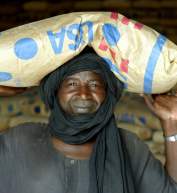


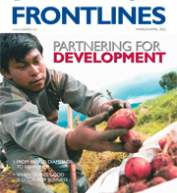
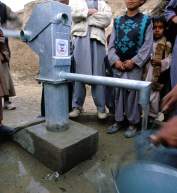
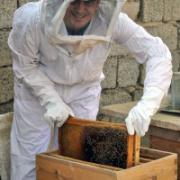

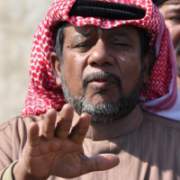
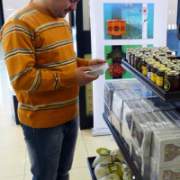
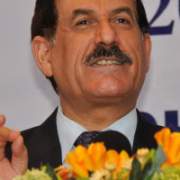
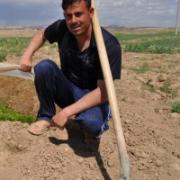

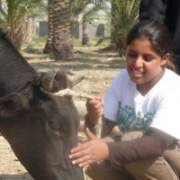
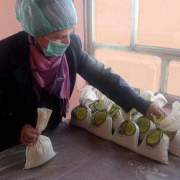
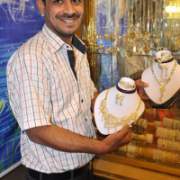
Comment
Make a general inquiry or suggest an improvement.